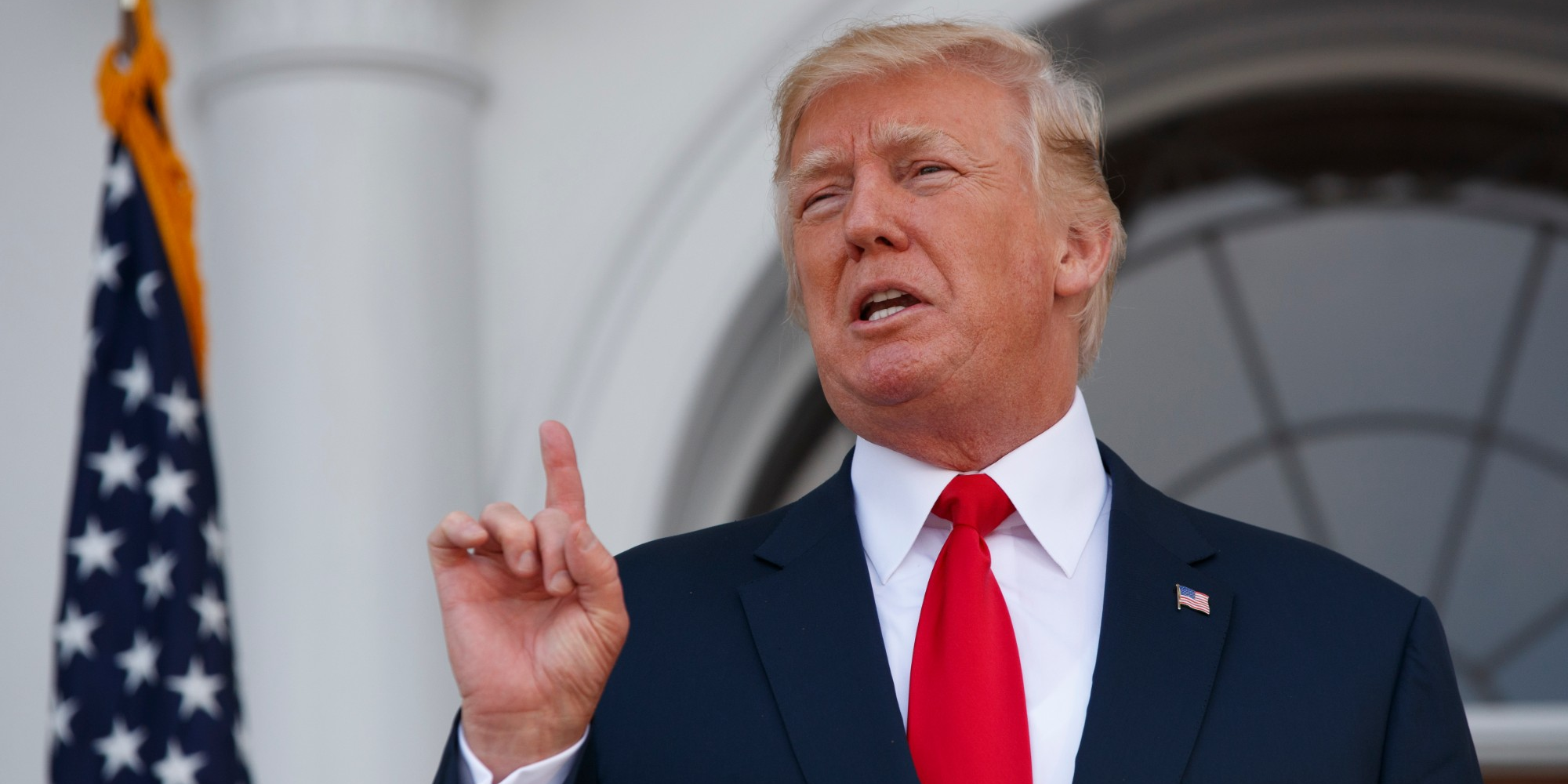- President Donald Trump has said he was considering declaring a “national emergency” to secure funding for his $5 billion border wall.
- Trump hasn’t offered any further explanation for the next steps to implement the move, which provoked sharp dismissals from lawmakers.
- Trump’s comments come amid stalled talks concerning the two-week-old partial government shutdown over a gridlocked spending deal.
Amid stalled talks with lawmakers, President Donald Trump said he was considering declaring a “national emergency” to secure funding for his $5 billion border wall.
“I may declare a national emergency dependent on what’s going to happen over the next few days,” Trump told reporters as he left the White House for Camp David Sunday, in the third recent mention of the drastic option.
“I can do it if I want,” Trump had told reporters two days earlier.
Every president has the authority to declare a “national emergency” at his discretion, which triggers allowances such as taking control of all transactions and media communications.
However, declaring a national emergency would set off a complicated series of legal steps and challenges.
US law allows a sitting president to divert funds to a federal construction project during times of war or national emergency. The money for such projects would come from the Department of Defense, which could spark a tense challenge from Congress following weeks of gridlock over spending plans between lawmakers and the administration.
Evan Hollander, communications director of the House Appropriations Committee, told INSIDER that Trump's use of a national emergency to force the construction of his long-promised wall along the US southern border would "invite a court challenge" over the validity of a move meant for times of war or grave national security threats.
"The president's authority in this area is intended for wars and genuine national emergencies," Hollander said. "Asserting this authority to build a wasteful wall is legally dubious and would invite a court challenge."
Read more: 6 unbelievable things the president can do during a crisis
Rep. Adam Smith, the House Armed Services Committee chairman, echoed Hollander's dismissal, saying on ABC's "This Week" that the declaration was technically within Trump's authority, but lacks justification.
"It's been done a number of times, but primarily it's been done to build facilities in Afghanistan and Iraq," Smith told host George Stephanopoulos. "In this case, I think the president would be wide open to a court challenge saying, 'where is the emergency?'"
Smith continued: "Beyond that, this would be a terrible use of Department of Defense dollars."
House Intelligence Committee chairman Rep. Adam Schiff said the move was an inappropriate and unrealistic "non-starter."
"Look, if Harry Truman couldn't nationalize the steel industry during wartime, this president doesn't have the power to declare an emergency and build a multi-billion dollar wall on the border," Schiff said. "So that's a non-starter."
Schiff added that Trump was responsible for re-opening the government, saying Trump had painted himself into a corner and needed to "figure out how he unpaints himself from that corner."
As the shutdown reaches the 16-day mark, the White House and Congress are at a standstill over the deal that Trump has previously said that he wouldn't sign if it didn't include $5 billion for the wall's construction.

